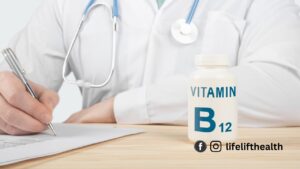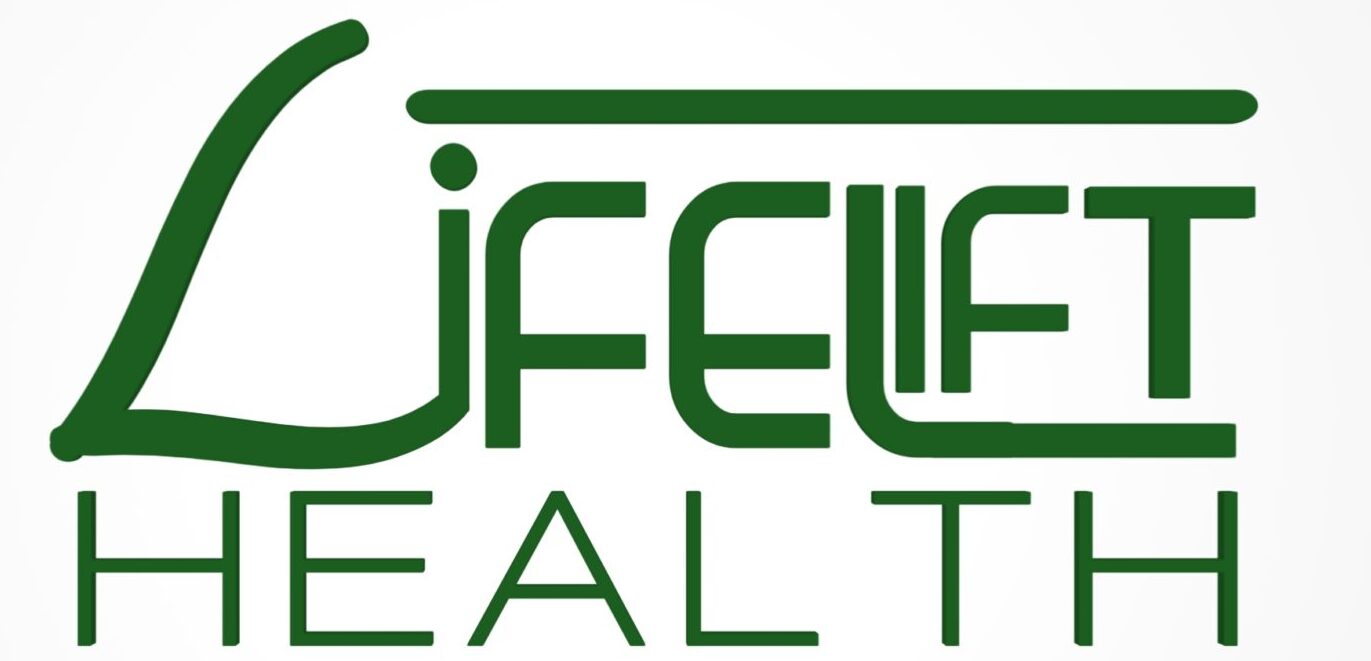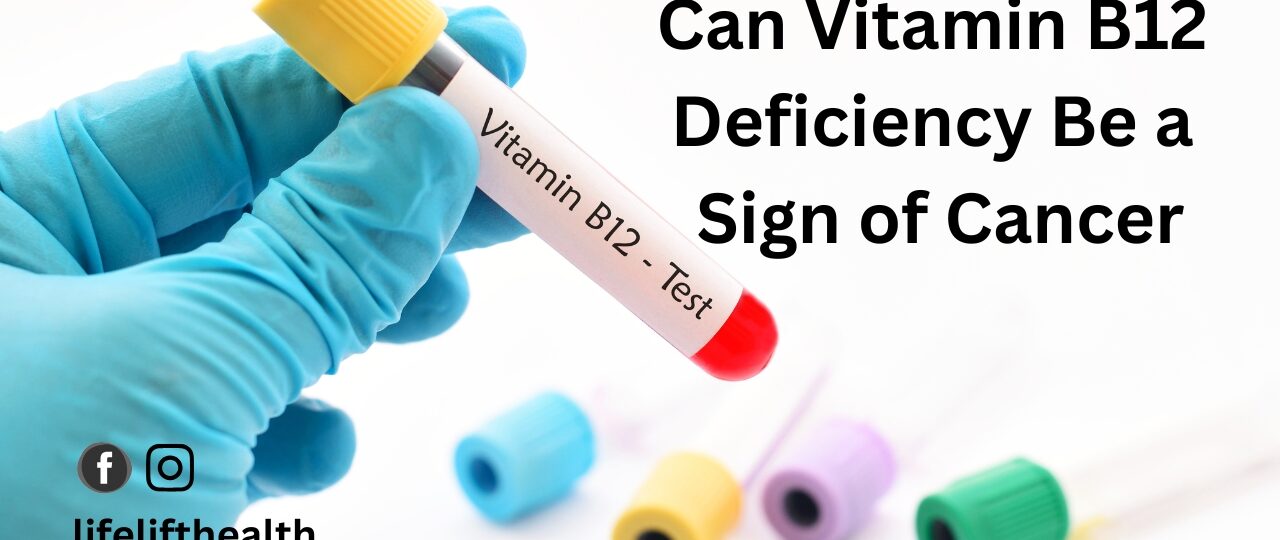What is Vitamin B12?
Vitamin B12, also known as cobalamin, is a water-soluble vitamin crucial for DNA synthesis, red blood cell formation, and proper neurological function. It is primarily found in animal-based foods like meat, eggs, and dairy products.
Why is Vitamin B12 Essential for the Body?
Vitamin B12 plays a significant role in energy production and maintaining the nervous system. Its deficiency can lead to anemia, nerve damage, and other health complications, raising concerns about its underlying causes.
Causes of Vitamin B12 Deficiency
Dietary Deficiencies
A lack of Vitamin B12-rich foods in the diet, particularly in strict vegetarians and vegans, can result in deficiency over time.
Malabsorption Issues
Certain medical conditions, such as pernicious anemia or gastrointestinal disorders like Crohn’s disease, can prevent adequate absorption of Vitamin B12.

Medical Conditions Linked to Deficiency
Autoimmune diseases, infections, or even certain medications can interfere with Vitamin B12 absorption, compounding the risk of deficiency.
Exploring the Link Between Vitamin B12 Deficiency and Cancer
Cancer Symptoms vs. Vitamin Deficiency Symptoms
Many symptoms of Vitamin B12 deficiency, such as fatigue, weakness, and shortness of breath, overlap with those seen in cancer patients. This similarity often leads to confusion during diagnosis.
Can Vitamin B12 Deficiency Indicate Cancer?
Emerging research suggests a potential link between Vitamin B12 deficiency and some cancers. For instance, gastric cancer and colorectal cancer are sometimes associated with long-term deficiencies, as these cancers can impair nutrient absorption.
Research Studies and Evidence
Studies have indicated that individuals with low Vitamin B12 levels might have a higher risk of developing certain cancers. However, more research is needed to establish a definitive causal relationship.
How Cancer Causes B12 Deficiency
Cancer can lead to Vitamin B12 deficiency by disrupting normal bodily processes. Tumors, particularly in the digestive system, may hinder nutrient absorption. Additionally, treatments like chemotherapy can further deplete Vitamin B12 levels, making supplementation necessary.

Diagnosing and Managing Vitamin B12 Deficiency
Diagnostic Steps
Diagnosing Vitamin B12 deficiency involves blood tests to measure levels of Vitamin B12, homocysteine, and methylmalonic acid. Additional imaging or endoscopic procedures may be needed if cancer is suspected.
Treatment Options
Treatment depends on the underlying cause:
- Dietary Changes: Including Vitamin B12-rich foods in daily meals.
- Supplements: Oral or injectable Vitamin B12 supplements are effective for restoring normal levels.
- Addressing Underlying Conditions: Managing diseases that impair absorption can prevent recurrence.
Preventive Measures and Healthy Practices
Foods Rich in Vitamin B12
- Animal-Based Sources: Red meat, fish, poultry, eggs, and dairy products are excellent sources of Vitamin B12.
- Plant-Based Alternatives: Fortified cereals, plant-based milk, and nutritional yeast cater to vegetarians and vegans.
Regular Health Check-ups
Routine health screenings can help detect Vitamin B12 deficiency early, especially in individuals with risk factors such as chronic illnesses or restrictive diets.

Conclusion
Vitamin B12 deficiency is not inherently a sign of cancer, but its presence can sometimes indicate underlying health issues, including certain types of cancer. Early detection, proper diagnosis, and a proactive approach to health can prevent complications.
FAQs
- What are the early symptoms of Vitamin B12 deficiency?
Common symptoms include fatigue, weakness, numbness, and difficulty concentrating. - How is Vitamin B12 deficiency linked to cancer?
While not a direct indicator, some cancers can lead to or result from impaired Vitamin B12 absorption. - Can Vitamin B12 deficiency be reversed?
Yes, with timely treatment through dietary changes and supplementation. - Are vegetarians more at risk of Vitamin B12 deficiency?
Yes, as they may lack access to natural sources of Vitamin B12 found in animal products. - How often should one test for Vitamin B12 levels?
It is advisable to test annually, especially for those with risk factors like age, diet restrictions, or chronic conditions

